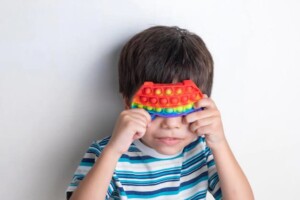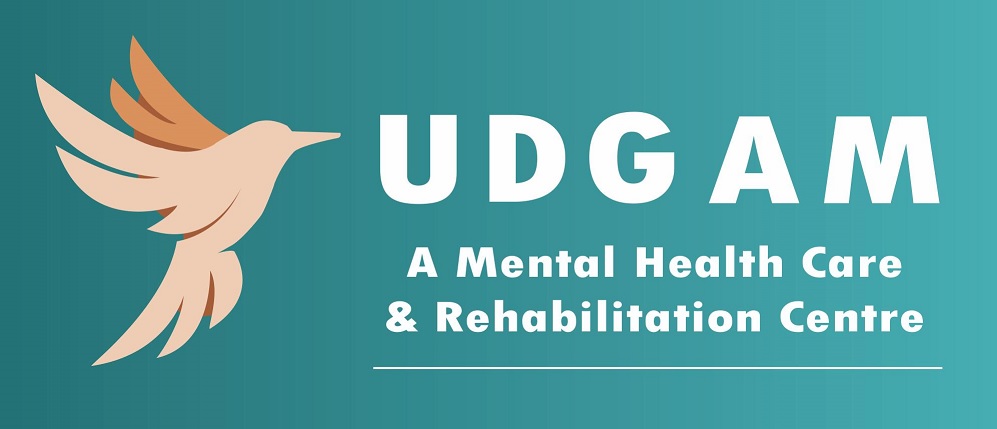Understanding Autism Spectrum Disorder
Autism Spectrum disorder is a neurodevelopmental disorder that affects communication, and social relationships. There is also a tendency to repeat movements, behavior, and gestures. It is termed a spectrum because it has a different range of severity of dysfunctionality. (Asperger’s syndrome, childhood disintegrative disorder, and an unspecified form of pervasive developmental disorder.) The symptoms can appear before one year of age but are usually diagnosed around the age of 3. Initial indicators can be a lack of response to one’s name and distress with keeping eye contact.
ASD is one such area, which gets overlooked, undermined, can stay hidden, or be misdiagnosed. Individuals with ASD, can not only learn to mask their symptoms but also learn to live with them. That itself gives hope that there is a chance of successful management of symptoms. Of course, every person with ASD is different, so much so that their symptoms can be nothing alike.
Signs of ASD ( Autism Spectrum Disorder )
The commonly identified symptoms of ASD are:

- Enjoy being by themselves
- Showing poor eye contact
- Delayed language skills or not speaking
- Difficulty in following instructions
- Poor emotional awareness of self and others
- Difficulty in having a conversation or picking up on sarcasm or metaphors used.
- Difficulty in recognizing nonverbal cues, through facial expressions, body postures, or tone of voice
- Repetitive movements, such as rocking or spinning
- Sensitive to light, temperatures, or sounds
- Shows a high level of focus on certain objects
- Keeping a fixed routine and not tolerating changes
Causes of ASD
A very common myth surrounding autism is that it develops due to certain vaccines or is just a childhood condition. There is no clear source of why autism occurs, but it is not due to vaccines, poor parenting, or any fault in the parents' personality. No parent is personally responsible for their child having ASD. ASD occurs both in boys and girls and continues into adulthood; the social functioning can improve with time but their intellectual ability stays relatively the same.
There are plenty of genetic factors as well as environmental factors associated with the incidence of ASD, yet there is not a definite source yet identified. There is a high concordance ratio for the genetic inheritance of ASD as seen in twin studies. And factors like the health of the mother, the age of the parent, any infection or stress during pregnancy, and exposure to teratogens, are the environmental contributors.
ASD in India
ASD affects almost 1 in 500 people in India. When you read it like that it might not seem like a huge number, but consider our overall population for a moment. The number reaches up to 0.20% of the whole population i.e., more than 2,160,000 people in India. And the number keeps increasing, with awareness, as more people learn about the Autism Spectrum and reach out for assistance.
If left untreated, individuals might not develop good social skills and may speak or behave in ways that create challenges. There are chances of worsening symptoms and developing depression, low self-esteem, anxiety, and panic attacks in some cases. Many people diagnosed with ASD can show a comorbid condition with other disorders, like, OCD, ADHD, epilepsy, sleep disorders, anxiety, or intellectual disability.
Treatment of ASD
The treatment options are plenty, but to find the one suited to you or your child, a consultation with a psychiatrist or psychologist is essential. Medication is a possibility, to manage certain symptoms like aggression, irritation, or other symptoms. Major treatment time is allotted to psychological, special education, occupational, and speech therapy departments. Behavioral treatment helps children learn everyday skills, along with emotional and intellectual growth. Speech therapy is necessary to teach or reintroduce phonetics and speech.
Now depending on the severity of dysfunctionality, a person can live a fully functioning life, or they might require assistance. Either way, when that person reaches out to specialists, they gain access to various management modalities, beneficial for their future.
The most beneficial form of treatment is the support from family and community. The work on increasing awareness in masses about ASD has helped a lot of families, patients, and communities, find support and treatment facilities. So by just learning, being aware, not holding prejudices, and giving out support a lot of change can be made.
[bookly-form category_id="12" service_id="1" staff_member_id="5"]
Enquiry or Consultation Submit Your Details Here:

